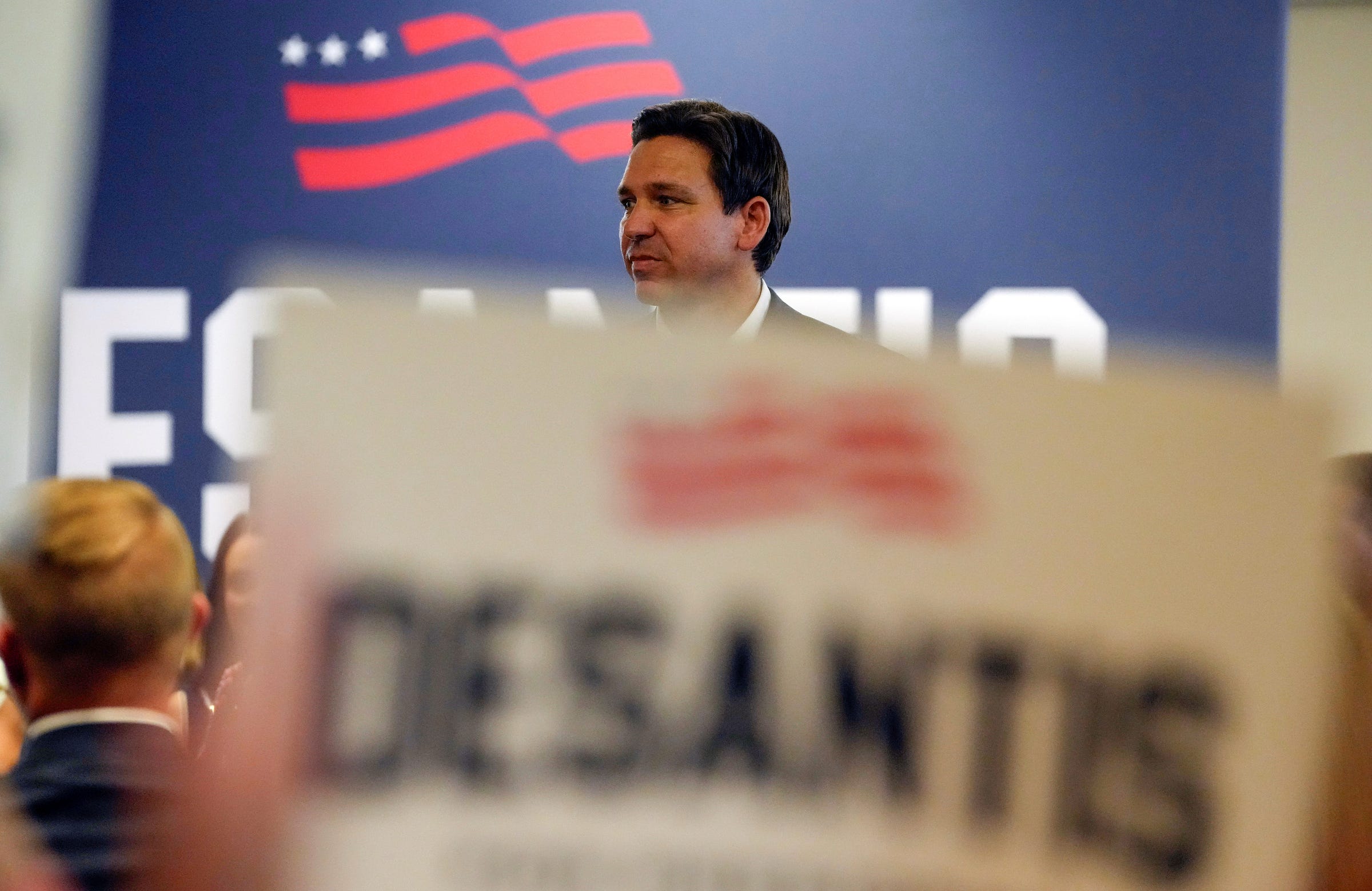Death on the Campaign Trail
During Ron DeSantis’s first term as governor, he oversaw the execution of two people. This year, the presidential hopeful has already overseen the execution of five individuals and signed the warrant for another to be killed in October. Even if he schedules no more executions, it’ll be the most in Florida since 2014 and the fourth-highest year since the reestablishment of capital punishment in 1976. All at a time when the number of executions nationally is in decline.
Why the sudden killing spree after three years with zero executions? Perhaps the answer has less to do with Florida than the presidential aspirations of DeSantis.
Even before DeSantis officially announced his presidential candidacy on May 24, he was testing the waters for months and carefully planning what he wanted to highlight in speeches and policies. One issue that emerged as a priority as he dreamed about 1600 Pennsylvania Avenue was how to kill more people.
In addition to the executions this year — two of which he scheduled since announcing his candidacy — DeSantis also signed two significant bills to expand the use of capital punishment in the Sunshine State. First, he signed a bill to eliminate a requirement for a unanimous jury decision on a death sentence. While all 12 members of a jury must still find a defendant guilty, the new law will require only eight of them to recommend capital punishment. Although some question the constitutionality of the new law, DeSantis insisted it would “ensure proper justice will be served in the state of Florida.” No other state allows a threshold as low as just two-thirds of the jury (and only Alabama, Indiana, and Missouri don’t require unanimous verdicts).
DeSantis later signed a new law that would make child rape convictions death penalty eligible, even though a 2008 U.S. Supreme Court decision ruled that such a punishment for a nonfatal crime was unconstitutional. DeSantis said he hopes the new law will create an opportunity to challenge that previous ruling. That will take years, but signing it as he mounted a presidential campaign suggested he also hoped it could win him some political points now.

DeSantis isn’t the only 2024 candidate talking about the need to make it easier to execute people — though he is the only one this year actually signing death warrants. DeSantis also isn’t the first governor with an eye on the White House to ramp up executions as an apparent campaign strategy.
So this issue of A Public Witness takes a look at previous governors who believed the path to the Oval Office ran through the death chamber. Then this report will also examine the pro-execution rhetoric of DeSantis’s main rival before considering the injustice that someone being strapped to a gurney and killed could depend on whether or not their governor is running for president.




